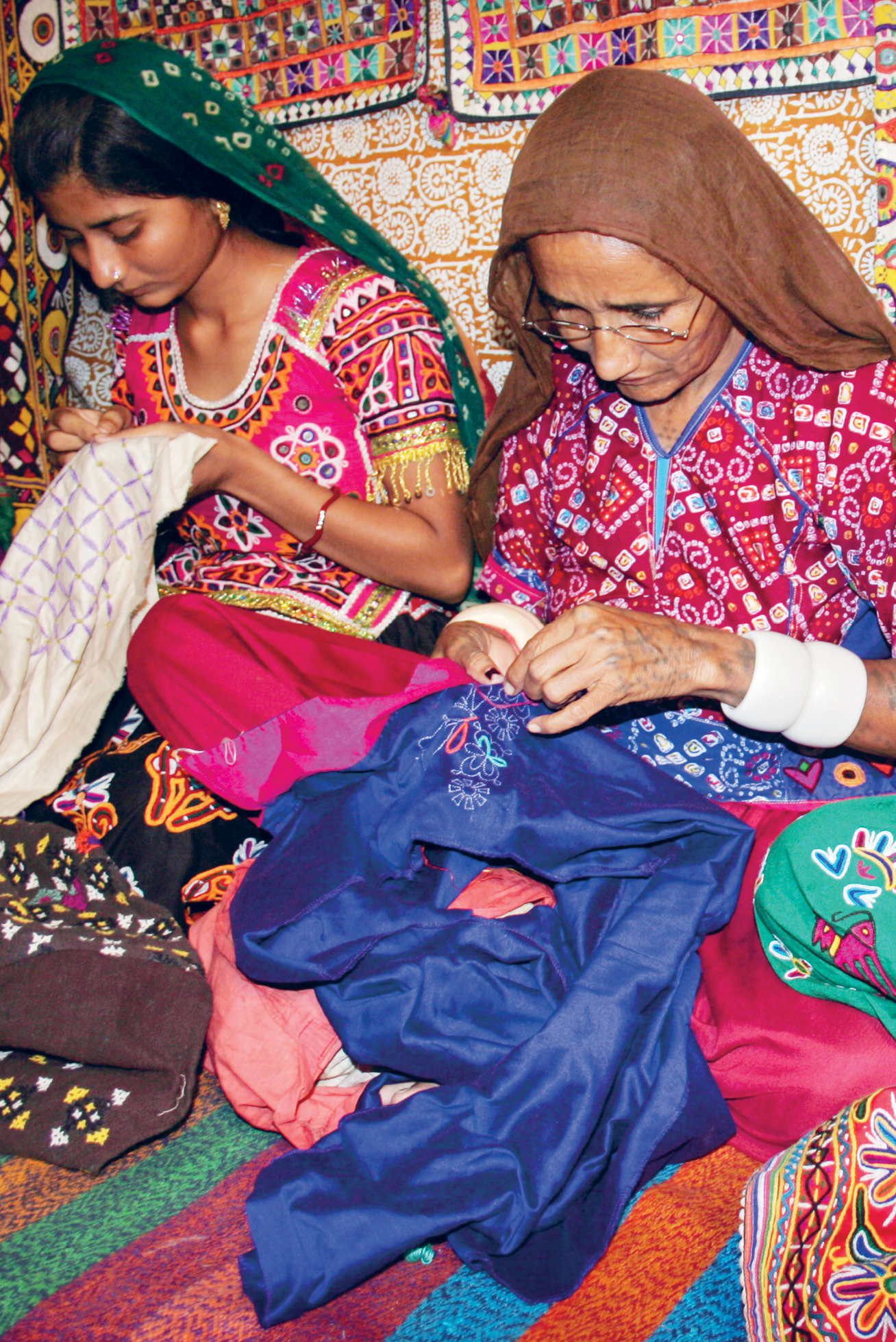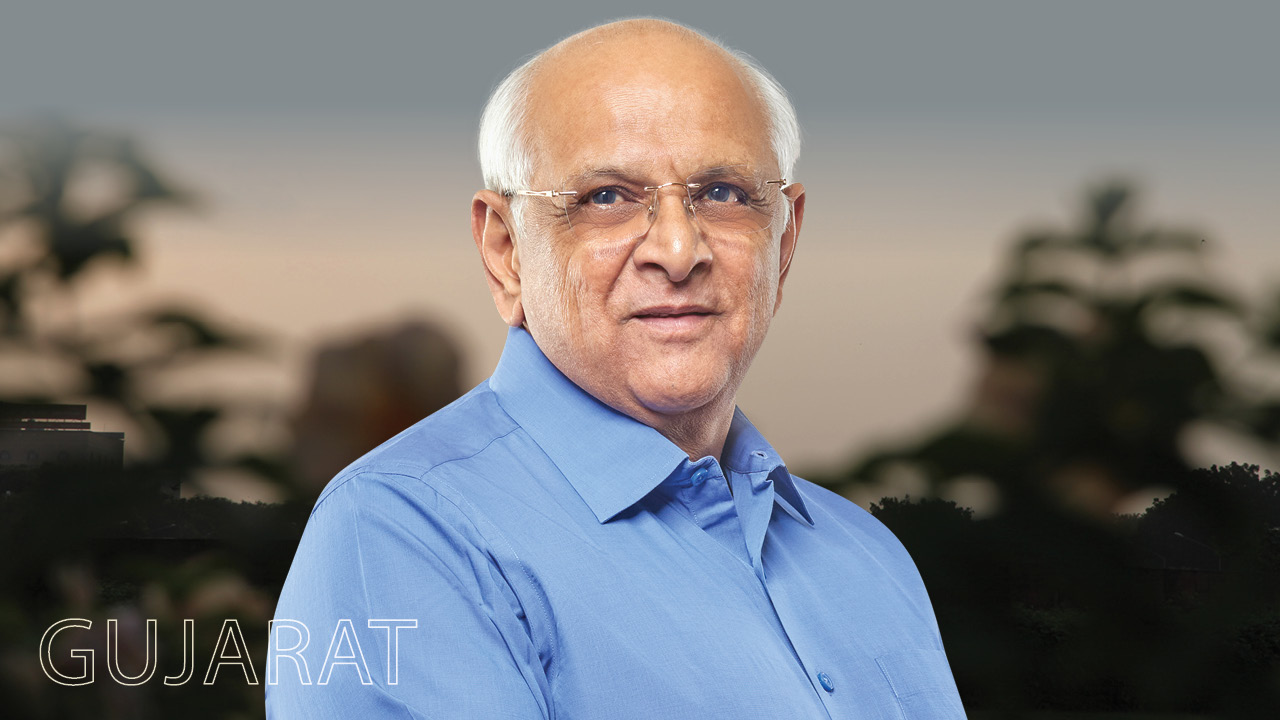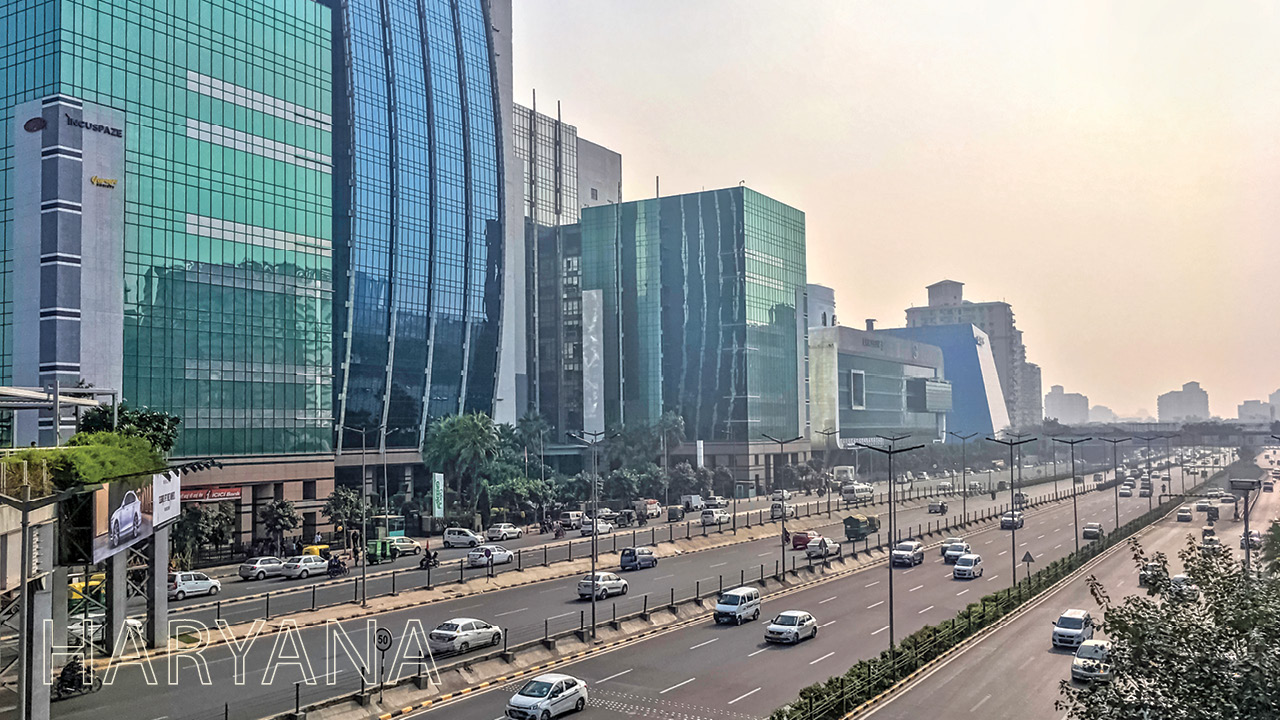Gujarat has emerged as one of India’s top performers in the SKOCH State of Governance ecosystem, securing the #2 rank nationally in 2024. With a total of 32 well-performing projects, including 7 classified as highly impactful and 7 as impactful, the state demonstrates a governance model characterised by institutional resilience, sectoral consistency, and policy depth. It has shown strong performance in 14 categories, topping national charts in Health and Police & Safety, and significantly improving in Forests and District Governance. Gujarat also marked its debut in categories like Culture, Revenue, and Cooperation, entering the national top 10 in each—indicative of policy experimentation and strategic diversification. However, like all states competing at the top, Gujarat must now scale up district- and municipal-level engagement, increase the number of platinum/gold-rated projects, and focus on wider replication of successful models to maintain and advance its position in the rankings.
SKOCH State of Governance Index (SoG)
Gujarat ranks #2 nationally in 2024, maintaining its position among the top three consistently. Key sectors driving this include Health, where Gujarat leads nationally, and Police & Safety, which also saw significant representation. The state improved its rank in District Governance from #10 to #6 and in Forests from #4 to #3. Gujarat also made strong comebacks in Skill Development (#3) and Rural Development (#6). It demonstrated sectoral breadth with new entries in Culture (#2), Revenue (#4), and Cooperation (#5), reflecting strategic governance evolution.
This sectoral excellence is further reflected in several high-impact initiatives:
- The AI-Enabled Mobile X-Ray for TB Detection in Kachchh tackled tuberculosis in remote regions using AI-powered diagnostic tools, screening over 3 lakh individuals and enabling early treatment. This health innovation, aligned with India’s TB Mukt Bharat Abhiyaan, faced connectivity and awareness challenges but emerged as a scalable model for AI-driven health diagnostics.
- In the realm of startup and innovation promotion, the Amrit Mehsana Startup Mission engaged over 10,000 students and entrepreneurs, raising ₹4.25 crore during the Mehsana Startup Mahotsav. Despite infrastructure gaps, it aims to make Mehsana a leading startup hub by 2047.
- The e-Pass System for GSRTC, launched in 2023, digitised concession pass applications for over 17 lakh citizens, integrating student validation and digital payments into one streamlined platform. It improved service delivery while reducing manual intervention.
- In cultural governance, Garba as an Intangible Cultural Heritage brought Gujarat’s traditional dance forms to global attention through digital outreach and public performances during G-20 events, empowering women-based cultural groups and rural artists.
- The GST Seva Kendra (GSK) initiative simplified GST registration for over 20,000 beneficiaries through Aadhaar authentication and biometric checks, increasing compliance while reducing fraud.
In Police & Safety, two key initiatives stood out:
- The Instant Cyber Sahayata Desk, resolving over 7,000 cybercrime cases, including 339 harassment cases, by providing 24/7 digital support and grievance redressal.
- The Criminal Intelligence and Monitoring System (CIMS) used predictive policing, real-time data integration, and AI-based analytics for proactive crime prevention and faster response.

Project Devi in Dang district took on the deeply rooted superstition of witch branding. By honouring 64 women as “Devis,” integrating She-teams, and supporting victims with social schemes, Gujarat demonstrated a governance model rooted in social justice and community engagement.
The Heart Transplant Programme at UNMICRC performed 33 successful surgeries with a 97% discharge rate, offering affordable access to advanced cardiac care while raising awareness on organ donation and patient rehabilitation. Gujarat also led on renewable energy with its Wind Power Project, which harnessed wind energy from the Kutch and Saurashtra regions, boosting green power capacity and employment.
The long-running Breaking the Silence initiative provided free cochlear implants and speech therapy to over 3,180 children, creating a robust model for child-friendly, disability-inclusive healthcare. The SHRBSK Health+ project created digital health records for 1.15 crore students, with 92% quarterly screening compliance, improving health monitoring and academic performance.
Finally, Mission Milaap in Valsad district built a digital database of missing persons and recovered 672 individuals within 15 months, showcasing effective synergy between data-driven policing and community participation.
Gujarat ranks in the middle tier among large states with a score of 0.278, lagging behind e-governance leaders like Haryana, Kerala, and Punjab. Despite being a strong performer in core governance areas, Gujarat’s digital infrastructure appears under-leveraged relative to its peers. In comparison, Maharashtra (0.273) and Tamil Nadu (0.302) cluster closely around Gujarat, suggesting that high SoG rankings do not necessarily translate into strong e-governance outcomes. This indicates the need for Gujarat to boost service digitisation, interoperability of databases, and citizen access metrics. Gujarat scores impressively with a fiscal index of 0.589, placing it among the top five nationally. Its strengths include a low debt-to-GSDP ratio (18.2%), high own-tax revenue (6.6% of GSDP), and sound control over its fiscal deficit (1.7%). Notably, Gujarat outperforms most comparable states like Tamil Nadu (0.527) and Karnataka (0.507) in revenue mobilisation and fiscal prudence. However, its capital outlay-to-GSDP ratio (2.4%) and development expenditure (7.7% of GSDP) suggest room for improvement in public investment. Enhancing expenditure quality and redirecting surplus towards capital formation could yield higher development dividends.
With a composite score of 0.646, Gujarat ranks third nationally after Maharashtra and Odisha. This metric combines its high Governance ranking and strong fiscal performance, highlighting Gujarat’s ability to convert inputs into outcomes efficiently. The state’s strong administrative bandwidth and low pendency rates in budget utilisation further strengthen its position. Compared to peers like Andhra Pradesh (0.484) and Tamil Nadu (0.460), Gujarat appears better placed in institutional efficiency but needs further optimisation of delivery chains, particularly at the municipal level.
Gujarat ranks #2 nationally with a development score of 1.572, trailing only Maharashtra. This index aggregates its performance in Governance, e-Governance, and Finance, indicating Gujarat’s strong balance between service delivery and fiscal management. High-impact projects in Health, Power, Safety, and Rural Development, supported by budgetary discipline, have contributed to this ranking. However, its modest EGDI score suggests that further digital transformation could elevate Gujarat to the top position.
Gujarat’s 2024 performance is underpinned by sectoral excellence. In Health, the state’s proactive response to public health challenges and infrastructure expansion have set national benchmarks. In Police & Safety, investments in modern surveillance, emergency response systems, and gender-sensitive policing have yielded significant dividends. The state also showcased effective rural governance, moving up in the Skill Development and Rural Development categories. New entrants like Culture and Revenue reflect Gujarat’s commitment to inclusive development beyond economic metrics.Gujarat’s success is not just about the quantity of projects, but the strategic selection of domains with high citizen impact.
To sustain and expand its leadership, Gujarat must:
- Strengthen e-Government Infrastructure Index: Its EGDI score remains average despite high governance scores. Gujarat must invest in digital public infrastructure, API integration, and improve service accessibility, particularly for underserved regions.
- Expand Capital Expenditure: While fiscally sound, Gujarat underutilises its surplus in capital outlays and developmental expenditure. Enhanced public investment in green infrastructure, skilling, and health-tech can boost long-term productivity.
- Widen Municipal Engagement: District and local-level participation in project submissions is lower compared to Maharashtra and Andhra Pradesh. Targeted capacity-building and decentralised project planning will help diversify Gujarat’s governance portfolio.
- Enhance Project Replicability: Many award-winning projects are localised; scaling these across departments and geographies will amplify impact.
- Focus on Social Inclusion: Programmes targeting vulnerable groups—urban poor, women, and marginalised communities—must be embedded across governance initiatives to ensure equitable development.
Gujarat demonstrates strong transformational capacity through programmatic depth and institutional scale. Gujarat has emphasised large-scale reforms. Initiatives like improved policing infrastructure, decentralised district governance, and data-driven health interventions show maturity in public administration. However, to consolidate its transformation credentials, Gujarat must deepen real-time monitoring systems and expand performance-based budgeting at the department level.



